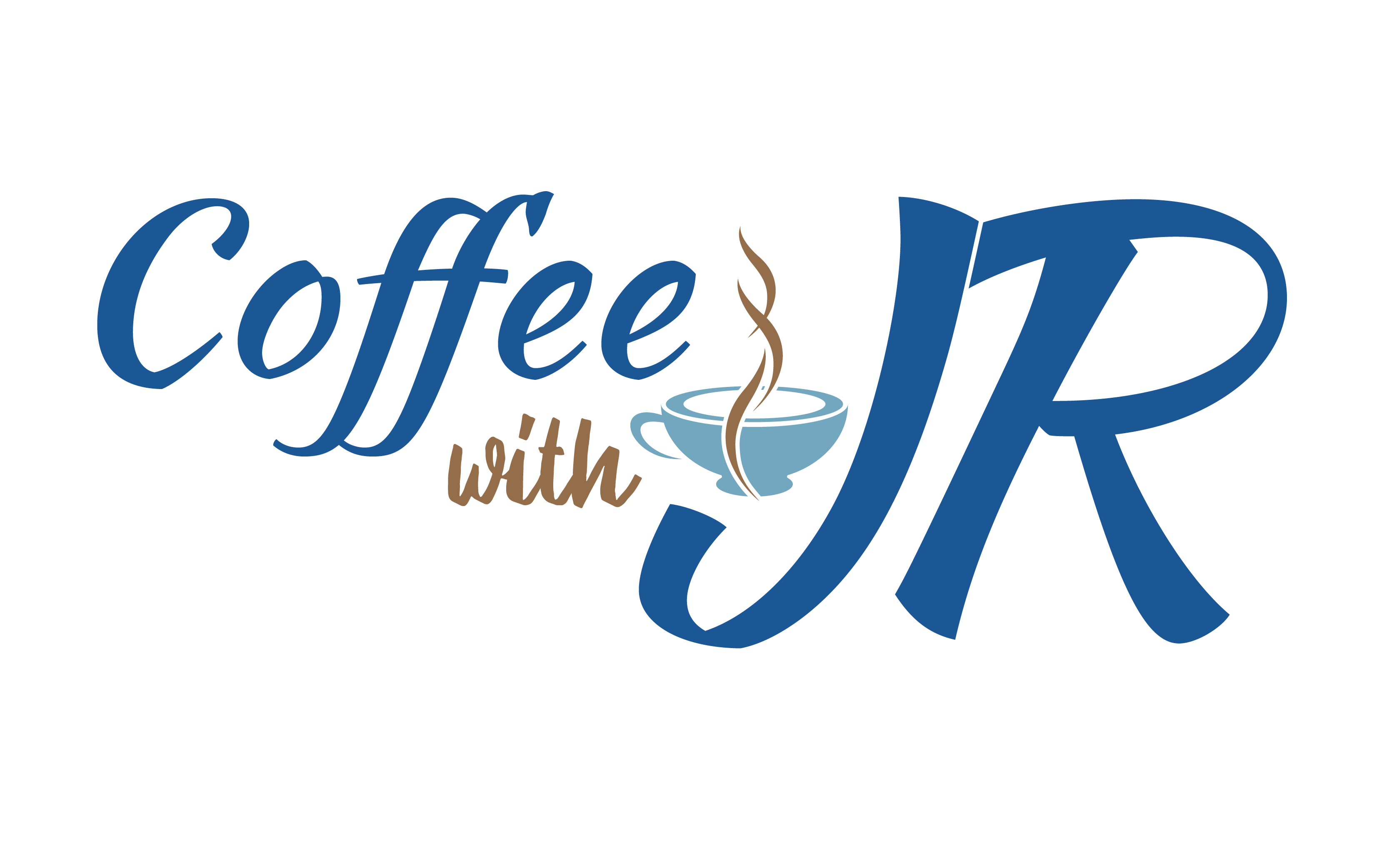
My birth name is Kuo Ping Chih (郭禀志). Kuo (郭) is my last name and family name which means castle or fort. Ping (禀) technically is my middle name and it means wise or wisdom. Chih (志) is my actual name which means courage or bravery. My mother wanted me to be wise and my father wanted me to have courage. Am I wise and courage (to be determined)?
In Chinese language, our last and family name (Kuo) goes before our personal name (Ping-Chih). We don’t address each other with our middle name (Ping). Thus, my family and childhood friends in Taiwan called me Xiao (Little) Chih for the first nine years of my life.
When I migrated to the United States, I was given an Anglo-Saxon biblical name. I had this English name for three years. I hated this name so much that I will never share it with anyone and I am taking it to my grave.
When I became a monk, I was given a monastic name which is Shr Gwo Chih (釋果志). Once people enter the monastic life, they are required to forsake their family/lay name and adopt a monastic name that is bestowed by the head of the monastery. Shr (釋)means Shakya, the Buddha’s last name. Gwo (果)means fruit or fruition and symbolizes the heritage of the monastic lineage that I was part of, and Chih (志)is adapted directly from my original birth name. For the next nine years in the monastery, I lived with this name and identity.
By the time I left the monastery, one of the identity crises that I experienced was trying to figure out my name. What is my name? I was Kuo Ping Chih and Xiao Chih for the first nine years of my life, then the detested English name, and then Gwo Chih for another nine years. By this time, I was twenty years old and no longer living in Taiwan and the monastery, so what name should I use? Back to Kuo Ping Chih or Xiao Chih, the name that I hadn’t used for ten years or stick with the monastic name that I no longer wanted to be associated with?
This dilemma was resolved through a series of accidents and coincidence. During the two years between monastery and university, I was taking some college courses in Los Angeles. At the beginning of one course, the instructor couldn’t pronounce my given name and asked if she could just call me by “JR” because I looked like someone she knew. A couple of weeks later, I was walking down a street and overheard a teenager making fun of his buddy by calling him “JR” and I realized I liked the ring of it. At that moment, I decided to use “JR” (JAY-ARR) as my first name without any periods/dots. Legally speaking, I have to use the last name that’s on my passport so I stick with Kuo. Thus, the name “JR Kuo” was born.
The next four years in college I used “JR Kuo” with joy and some hesitation. It was more like a test run to see if I would like it or not. Just before and even right after I graduated from college, I was debating whether I should choose and adopt another first name.
Overall, I started liking my new name. I like the shortness of the name and “JR Kuo” looks kind of cool when it is spelled out J. The only downside is that people often either spell it or pronounce it as Jr. which I despise.
In 2010 when I met Dr. DJ Ida, my boss and mentor at NAAPIMHA, I witnessed how awesome a short name can be and this further boosted my confidence in “JR Kuo.”
Due to many name changes throughout my childhood and the disconnection with my family, I don’t feel attached to my last name, my given name, or my newest name, “JR Kuo.” Having to switch my name four times, sometimes I feel like these names are just words for identification. For example, when I was volunteering in Peru in 2018, I was told that there are no Spanish words/names for “JR” so the locals gave me a nickname. I was totally fine with it. I think this is because even though I like the name, “JR Kuo,” I am not attached to it because I am still trying to figure out if it truly reflects who I am.
Even now, if people want to call me by a different name (as long it is not derogatory), I am totally fine with it.
In my twenties and early thirties, the ambiguity and uncertainty about my name bothered me a lot. But now, I feel like this ambiguity is giving me some sense of control and pride in the sense that I have and can have control over my identity, my destiny, my future, and my life. I can always choose what I want for my name/identity and what I want to be.
A couple of years from now when I am ready to get my American passport, I will have one last official chance to decide what name I really want to be on the record for good.
One thing I know for sure is that no matter what names and words I choose, I will always remember the messages behind my birth name from my parents, which is a constant aspiration to be Ping (wise) and to have Chih (courage).

Recent Comments